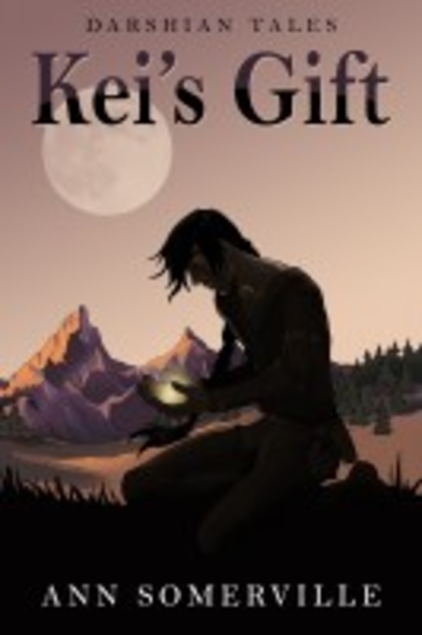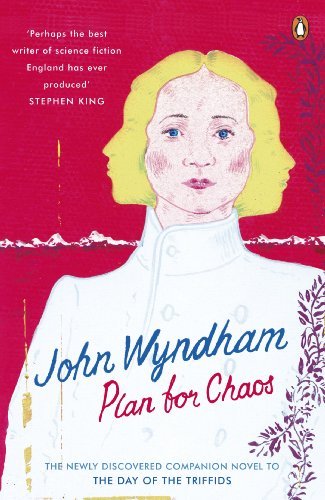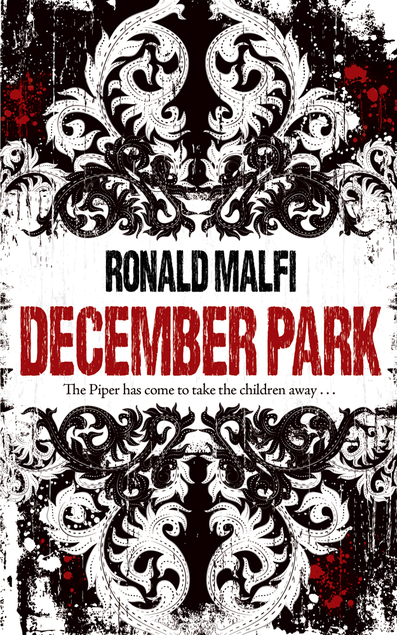Book review: The Boy from the Burren
1990
351

Aengus, a hard-bitten young thief with a gift for sand painting, expects a fine new life of adventuring when his drunken father sells him to Bruchan, a wandering storyteller. But instead of illustrating his new master's tales at fairs, Aengus finds himself embroiled in a desperate secret war. For Bruchan leads an embattled religious community which is fighting to keep alive its hidden knowledge and ancient way of life. Threatening them are the fanatical Brotherhood of the Wolf, servants of the Wild Fire, who ruthlessly hunt all such heretics. Schooled by his master in weapons, arcane art, and the proud history of his people, can the boy from the Burren find a way to save himself and all he has grown to love, or will one spill of his colored sands unleash the ravaging Fire?
I received a free copy of this book in exchange for an honest review through LibraryThing’s Early Review program.
In a lot of respects, I don’t think this book has aged well. The cast is so entirely male cast that when you finally hear a female voice it’s very clearly a plot point. The story is told in the first person with occasional fourth wall breaking comments about how long ago it all happened, which are irritating and distracting. There’s a preponderance of made-up words and celtic symbolism that just feels cliche.
What annoyed me most, though is that the mentor characters talk in thees and thous. It’s presumably meant to make them sound wise, but just makes them sound arrogant if you know the actual difference between thee and you. Thee is familiar, you is respectful, so to have a character who refers to everyone as thee while they call him you suggests an imbalance of respect, which is clearly not what the author was going for. Not only that, but it’s deeply distracting (partly because I spent half the dialogue trying to figure out if it was being used correctly and what that implied) and lends nothing to the characterisation. As a new edition of an older book, it would have been nice if a new editor had suggested these be edited out.
It’s a shame the book has dated so badly, because the plot trundles along at a decent pace and the characters are broadly likeable. If you haven’t read a lot of young adult fantasy the cliches are less likely to bother you. I didn’t mind finishing it, but if I had a choice about how to spend that time again there are definitely books more deserving of it.






